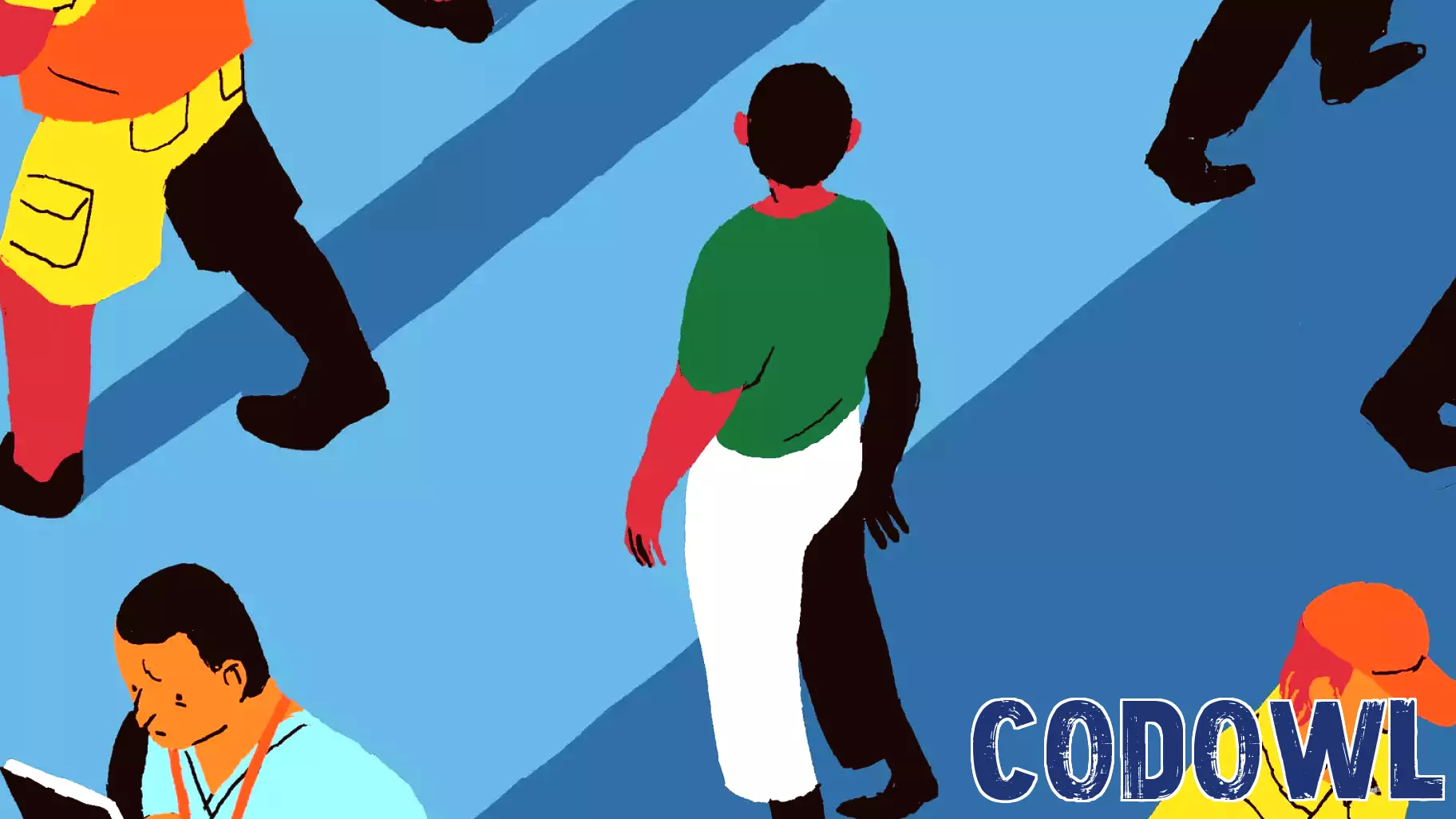The Dangers of Replacing Human Care with Technology
December 4, 2024 - 10:09

In today's rapidly evolving technological landscape, there is a growing concern that essential professions such as nursing, chaplaincy, and teaching may be overshadowed by advancements in automation and artificial intelligence. As society becomes increasingly stratified, the divide between those who can afford personalized human care and those who cannot is widening. Wealthy individuals often have access to concierge medicine and elite educational institutions that offer small class sizes, ensuring a level of personal attention that is becoming rare for the average person.
This trend raises significant ethical questions about the value we place on human interaction and the irreplaceable qualities that professionals in these fields bring to their work. Nurses provide not just medical care but also emotional support; chaplains offer spiritual guidance during critical moments; and teachers inspire and nurture the next generation. As we lean more on technology, we risk losing the essential human touch that is fundamental to these professions. It is crucial to advocate for the preservation of human roles in these vital areas, ensuring that care and education remain accessible to all, not just the affluent.
MORE NEWS

October 15, 2025 - 02:49
Innovating for a Brighter Future: Dug Song Discusses Impactful TechnologyIn the concluding segment of a compelling three-part series, Dug Song engages in a thought-provoking conversation with Ron J. Stefanski about the transformative power of Detroit`s innovation...

October 14, 2025 - 18:01
Charity Bank Partners with Sandstone Technology for Innovative Mobile Savings AppCharity Bank has forged a strategic partnership with Sandstone Technology to drive the development of its new mobile savings application. This collaboration aims to enhance the banking experience...

October 14, 2025 - 08:14
Growing Concerns Over U.S.-China Research CollaborationsU.S. lawmakers and national security officials are expressing heightened concerns regarding the longstanding research collaborations between the United States and China. These partnerships, which...

October 13, 2025 - 22:44
The Intersection of AI and Sustainability in the Trucking IndustryTrucking is at a pivotal moment as it seeks to embrace sustainability, and artificial intelligence (AI) is playing a crucial role in this transformation. The journey toward greener logistics is...